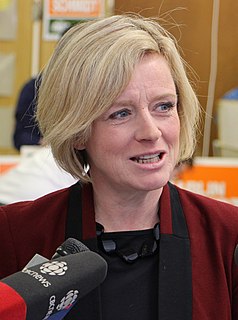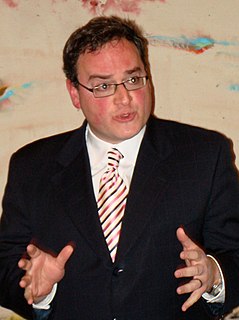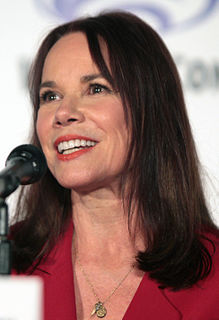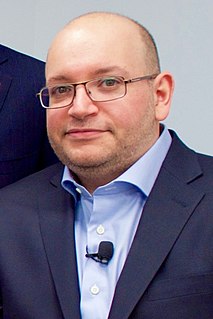A Quote by Rachel Notley
I think that there's no question that, in Alberta as the price of oil continues to drop, that there are families ... that are worried about the instability that that brings to the economy. And so that has to be more and more front and centre in terms of the work that we do as a government.
Related Quotes
It [the pharmaceutical industry] is the most profitable industry in the world, and partially funds the US government. It surpasses oil in terms of profits and my country recently went to war due to oil pricing. What does that say they will do to keep this other industry in tact? It is up to patients and their families to question what they are being given, and to consumers to demand better, more natural alternatives.
People understand what is good for them in the long run. In the long run, what is good for people is that India's economy continues to grow at clipping pace, 8% and above, that itself brings host of benefits to the people. It brings better roads, it brings better schools, brings more money to the communities, it brings more jobs.
I'm worried about people who say George W. Bush is lying. It's much more frightening that he's not lying, that he believes what he believes: that it's his mission to change the Middle East into a democracy. That's more unnerving. We'd be better off if the whole purpose of the adventure in Iraq was, say, to protect Israel or to protect the flow of oil to America and keep it at a reasonable price and try to get some more control. If it was about oil, going into Iraq, I guess, could have made sense.
One of the big changes in politics has been because families, individuals, have felt worried, insecure... worried about the economy, worried about their jobs, worried about their kids' futures... actually the disconnect between the public and media discourse and people's everyday concerns has become bigger not smaller.
I do believe that oil production globally has peaked at 85 million barrels. And I've been very vocal about it. And what happens? The demand continues to rise. The only way you can possibly kill demand is with price. So the price of oil, gasoline, has to go up to kill the demand. Otherwise, keep the price down, the demand rises.
And if our goal as moral citizens is to make the world a better place, then there is only once choice: to pump as much oil as we possibly can out of Fort McMurray. Pump and steam and dig and drill and get that oil out of the sand in any and every way we can. Every drop of oil from Alberta is one less drop from some fascist theocracy, or some brutal warlord; one less cent into the treasuries of Russia's secret police and al-Qaeda's murderers.
All of the easy oil is gone and what's left is requiring more energy and money and this has an effect on everything. Our problem is that we've created an infrastructure that's so dependent on oil. As oil becomes more expensive we're going to be locked into the transportation modes that our economy depends on. So we really need to start building an alternative economy before we get caught in a trap of our own making.
An economy cannot long remain prosperous by government's taxing and spending more, now absorbing national output at a rate equal to the entire income of every American living west of the Mississippi. If this trend continues, America will gradually sink into the status of a Third World nation - more unemployment, more shackles on production, more poverty.
In terms of how Iranians see the U.S. government, that's a difficult question. But in terms of how Iranians see Americans, there is a very good mutual belief that they have so much in common with American people and they feel totally related to them. In terms of government, definitely there are some hardcore hardliners who hate the U.S. government, but at the same time, there are some more moderate.


































